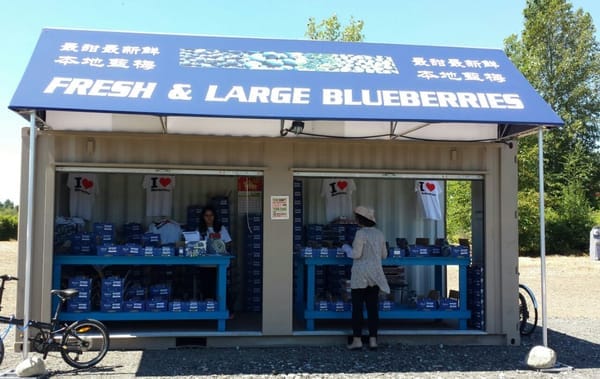
By Elke Porter | WBN News -Richmond | October 28, 2025
Subscription to WBN and being a Writer is FREE!
The Cowichan Land Ruling represents one of the most significant and contentious legal challenges in British Columbia's history, raising fundamental questions about land ownership, Indigenous rights, and the stability of private property. This case doesn't exist in isolation—it's the product of decisions made over 150 years ago when BC joined Canada, and its implications could affect every property owner in the province.
BC's Controversial Entry into Confederation
British Columbia joined Canadian Confederation on July 20, 1871, becoming Canada's sixth province. At the time, the total population was approximately 36,427 people, including roughly 8,576 British and European settlers, 1,548 Asian residents, and an estimated 25,661 Indigenous people. This meant Indigenous peoples comprised roughly 70% of BC's population when the province joined Canada.
The terms of union created a jurisdictional nightmare that haunts BC to this day. The federal government assumed responsibility for "Indians and lands reserved for Indians," while the province retained control over Crown lands. Crucially, unlike virtually every other province in Canada, BC largely refused to negotiate treaties with Indigenous peoples, proceeding under the naive assumption that Indigenous title didn't exist.
The complexity is staggering: many traditional territories overlap, meaning multiple First Nations may claim the same land. While exact figures on total overlap are debated, the issue affects virtually the entire province, creating uncertainty about who has authority over what land.
Proving Aboriginal Title: A Controversial Standard
How do First Nations prove land ownership when their cultures didn't recognize European concepts of private property? Courts require Indigenous groups to demonstrate three key elements: the land must have been occupied prior to sovereignty, there must be continuity between present and pre-sovereignty occupation, and at sovereignty, that occupation must have been exclusive.
Evidence can include oral histories, archaeological findings like tool marks and cooking sites, traditional laws governing land use, and documentation of continuous hunting, fishing, and gathering activities spanning multiple generations. Courts now accept oral histories as evidence, though this creates challenges for nomadic groups and situations where land was shared between Indigenous nations.
The Explosive Issue of Overlapping Claims
The recent Cowichan ruling broke new ground by potentially affecting privately held lands. The court declared that fee simple land titles in the area are "defective and invalid" on the basis that the Crown had no authority to issue them in the first place, and that Aboriginal title and fee simple can "coexist".
This has created alarm among property owners. The judge's own words highlight the uncertainty: "The question of what remains of Aboriginal title after the granting of fee simple title to the same lands should be reversed. The proper question is: what remains of fee simple title after Aboriginal title is recognized in the same lands?"
Why This Still Matters 150 Years Later
Many British Columbians ask: why are we dealing with events from two centuries ago? The answer lies in law and justice. Unlike other provinces where treaties were signed, BC proceeded with settlement while ignoring Indigenous land rights entirely. Those rights were never extinguished—they were simply ignored. Modern courts have ruled that absence of treaties doesn't eliminate Indigenous title; it leaves it unresolved.
The issue persists because constitutional rights don't have expiry dates, and the question of who legitimately owns BC's land was never properly settled.
The Risk of Civil Unrest
The stakes are enormous. If homeowners and businesses suddenly find their property rights subordinated to Aboriginal title, the social and economic consequences could be severe. Property values could plummet, mortgages could be called into question, and people who purchased homes in good faith could find themselves facing uncertainty about their ownership.
Concerns about civil instability are not unfounded—the ruling has created considerable uncertainty for property owners, businesses, and general market confidence. I am sure many people are waiting to hear how this will all play out.
TAGS: #Cowichan Land Ruling #BC Property Rights #Aboriginal Title #Land Claims #BC Politics #Property Ownership #WBN News - Richmond #Elke Porter
Contact Elke Porter at:
Westcoast German Media
LinkedIn: Elke Porter or
WhatsApp: +1 604 828 8788.
Public Relations. Communications. Education


